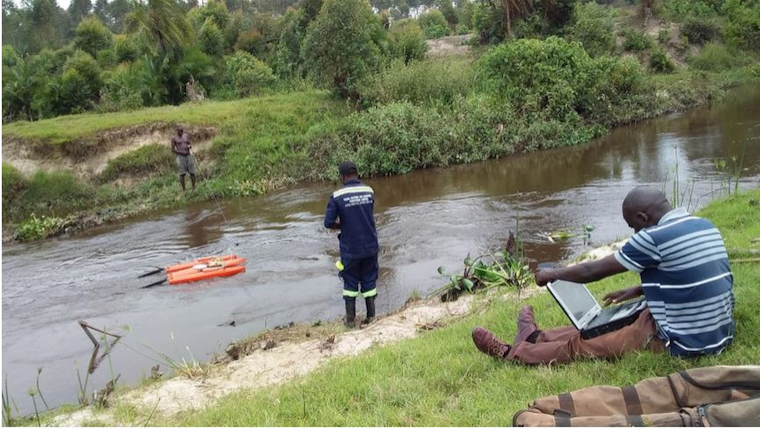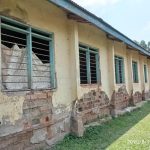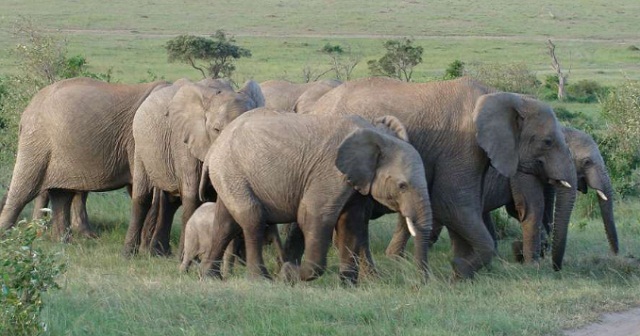In Rwampara District, authorities have taken action to address threats to the River Rwizi’s well-being by arresting seven residents engaged in activities that endanger the river’s existence. The operation, led by the District Head of Natural Resources, Evelyn Kyomugisha, along with the District Residents Commissioner, Jane Asiimwe Muhindo, and other security officials, took place in various areas, including Kakigani, Nyeihanga, Nyamukana, and Kibaare. The arrested individuals were found digging and producing bricks in the wetlands.
The decision to conduct this operation was prompted by President Museveni’s call for local government officials to tackle wetland encroachments nationwide. River Rwizi holds significant importance for the Ankole region as the sole major river in the area. However, residents have contributed to its degradation by disturbing its banks and catchment areas. The aim of the operation was to enforce environmental protection measures.
The population residing near River Rwizi has increased the pressure on the river through pollution, jeopardizing its survival. To address this ongoing threat, authorities are committed to continuous efforts to protect the river against encroachment and to allow the damaged areas to regenerate in support of the river’s health.
The individuals detained during the operation at Nyeihanga Police Station will face charges related to wetland degradation and non-compliance with the presidential directive on wetlands.
River Rwizi, the second-longest river in Uganda after the Nile, originates in the hills of Buhweju District and flows through several districts, including Sheema, Bushenyi, Ntungamo, Rwampara, Mbarara, Isingiro, Kiruhura, Lyantonde, Rakai, and Kyotera, before it empties into Lake Victoria.
This river plays a vital role in supplying water for domestic and industrial use in various towns, such as Mbarara, Bwizibwera, Sanga, and Biharwe. Furthermore, it serves as a transportation route and offers opportunities for fishing and recreation. Nonetheless, River Rwizi faces significant challenges due to unsustainable human activities and climate change, causing a severe impact on its water levels.




















